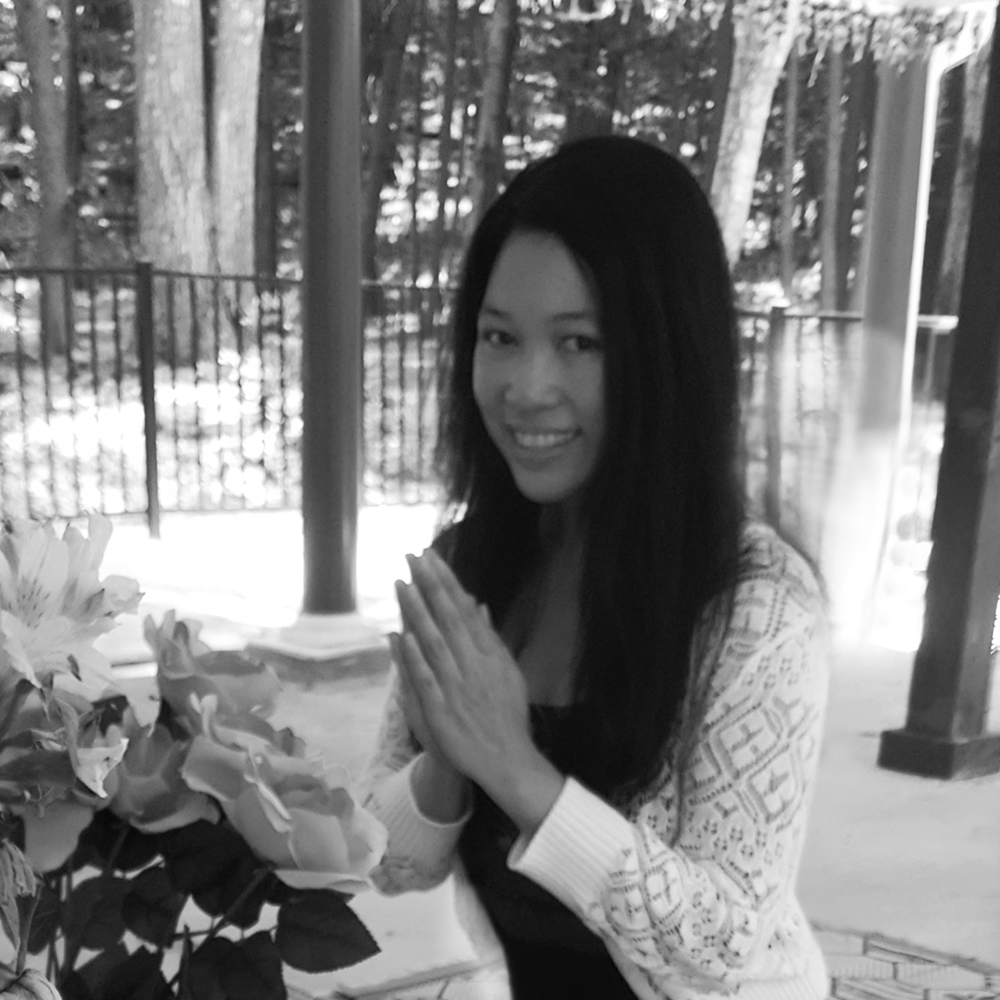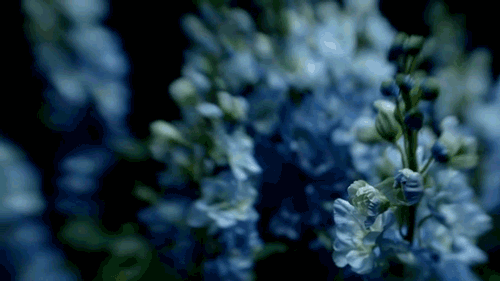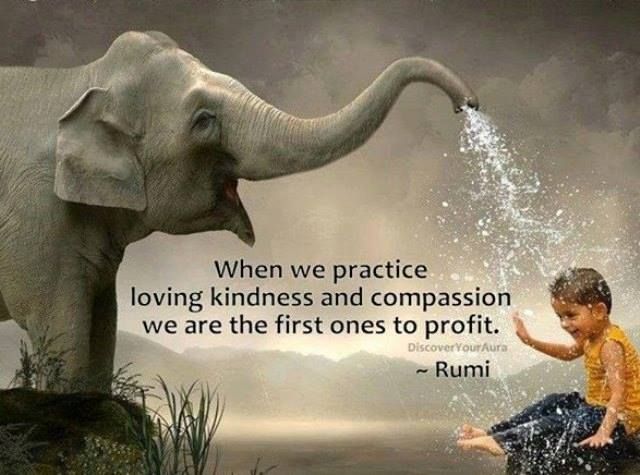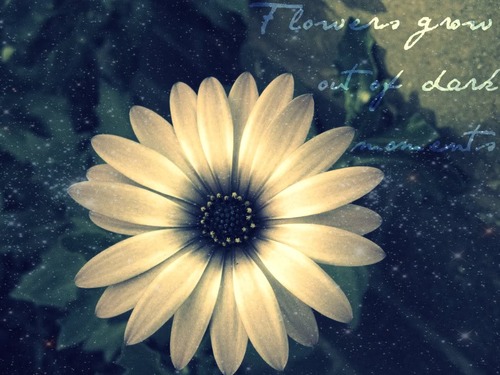A General offering meals to the Buddha
45. A General, a fresh convert to Buddhism, offering meals to the Buddha
A General called “Siha” of Vesali was an important lay devotee of the teacher known as Nigantha Nataputta. He heard of the virtues of the three gems namely, the Buddha, the Doctrine and the Order from a gathering of Licchavi princes. Accordingly he asked his teacher to allow him to go to the Buddha, but was not allowed to go. He asked for permission for the second time but it was again refused. On the third occasion, however, without asking for permission he proceeded to where the Buddha was, with many followers in five hundred chariots.
When he came to where the Buddha was he asked the Buddha several questions on points which were not clear to him and was thoroughly satisfied with the answers given. He then said, “I take my refuge, Lord, in the Buddha, the Doctrine and the Order. May the Lord receive me as a disciple who, from this day forth while his life lasts, has taken his refuge in them?”. After that the General requested the Buddha to visit his house on the morrow together with his retinue of monks to partake of food. He then, out of a very generous heart, served them with an excellent meal the next morning at his house.
THE ILLUSTRATED HISTORY OF BUDDHISM
by ASHIN JANAKA BHIVAMSA (Aggamahapandita)
Artist: U Ba Kyi | Link to this post


















